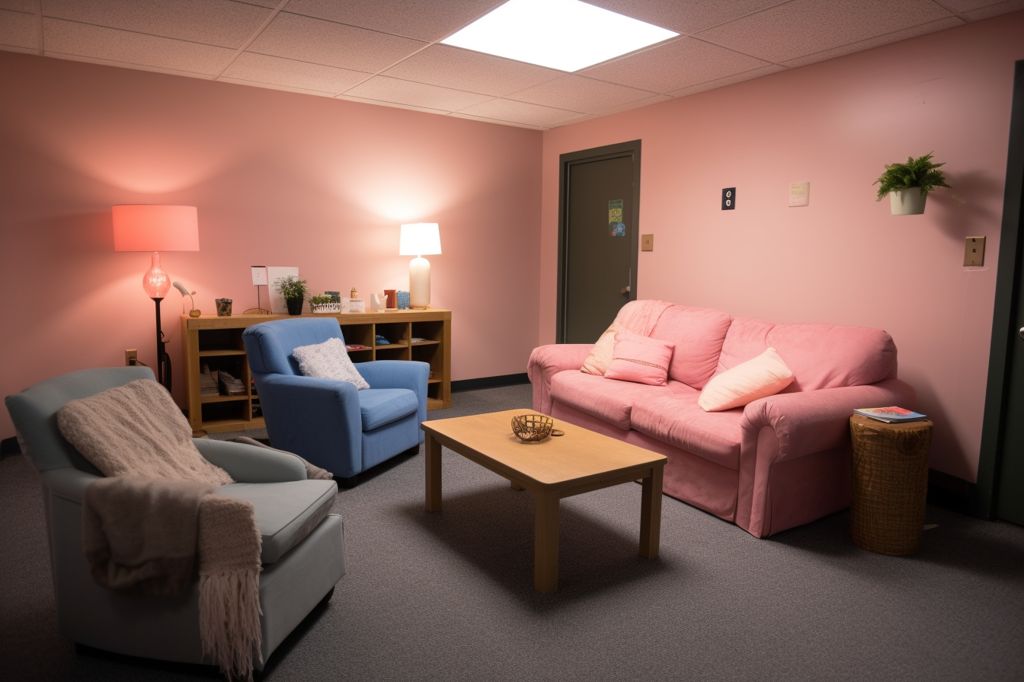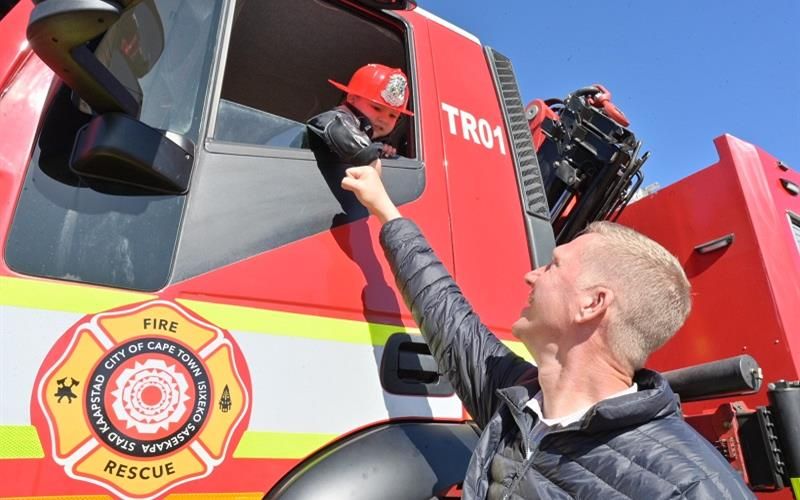Gender-based violence (GBV) remains critical in South Africa’s post-education and training sector. Female students are particularly vulnerable to experiencing physical and psychological harm, as demonstrated by a Higher Health (HH) study, which found that 62% of South African students feel unsafe on campus.
In response to this pressing issue, the Department of Higher Education and Training, in collaboration with HH, introduced a GBV policy framework in 2020. This framework aimed to address GBV by forming a GBV task team of experts in various fields to assist institutions in tackling GBV.
Development of Protocols
HH played a significant role in this initiative by developing eight protocols that facilitate measures such as safe rooms, disciplinary committees, and evidence collection, ensuring that the evidence stands up in court. These protocols are designed to create a collaborative response to GBV involving institutional management, academia, transformation/gender officers, security and other staff, student formations, and policing and justice agencies.
Unveiling of the Measures
Recently, the Deputy Minister of Higher Education, Science & Innovation, Mr. Buti Manamela, Deputy Minister John Jeffrey of Justice and Correctional Services, and Deputy Minister Cassel Charlie Mathale of Police unveiled these measures to the media at the UNISA Bamboo Auditorium.
Importance of Implementation
The implementation of these protocols is a significant step towards ensuring the safety of South Africa’s students and eradicating GBV in the country’s post-education and training sector. However, more work must be done to create an environment where all students feel safe and secure on campus.
Implementing the GBV policy framework and protocols is a crucial step toward addressing the issue of GBV in South Africa’s post-education and training sector. It is essential to continue the collaborative efforts of institutions, experts, and stakeholders to create a safer environment for all students.










